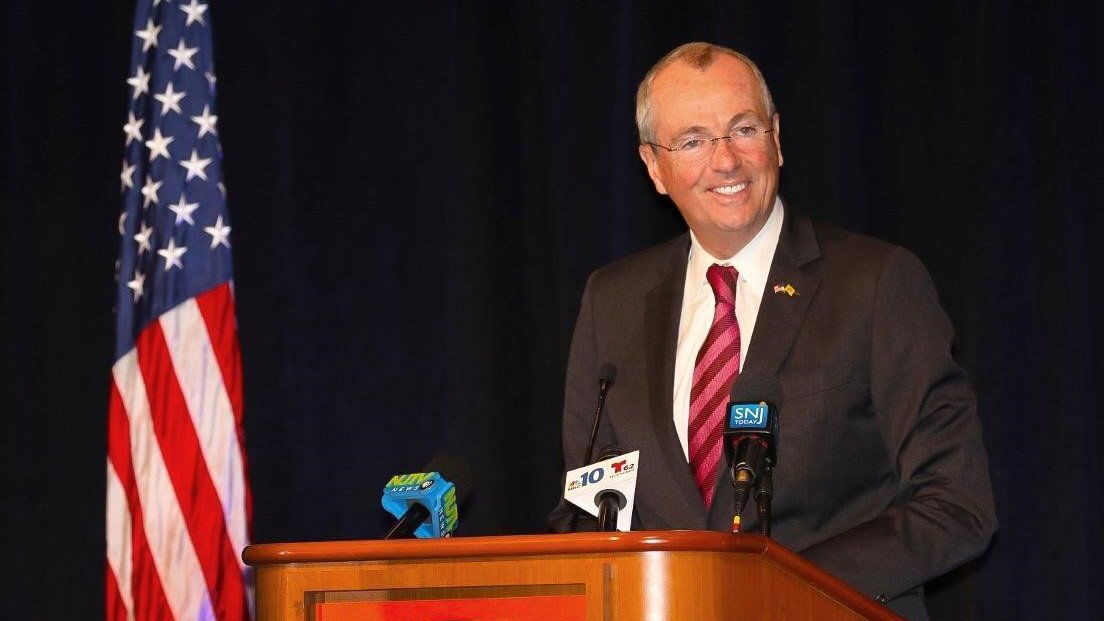Oklahoma committee rejects governor-backed gaming compacts with two state tribes

Oklahoma's Joint Committee on State Tribal Relations has rejected two gaming compacts with tribal nations proposed by Governor Kevin Stitt due to concerns that they could lead to an expansion of casinos in Oklahoma County.
Governor Stitt negotiated these gaming compacts in 2020 with the United Keetoowah Band and the Kialegee Tribal Town after his efforts to modify the central state-tribal gaming agreement proved unsuccessful.
The governor's general counsel, Trevor Pemberton, defended the compacts, asserting that they would benefit the state, as they would entitle Oklahoma to a larger share of proceeds from various game types, beyond what is covered by the standard compact.
As reported by The Oklahoman, Pemberton stated: "It would be, certainly on a financial basis, a great win for the state of Oklahoma for these agreements to move forward."
In response to the committee's rejection of the deals, Governor Stitt doubled down on his support for the compacts, emphasizing their fairness and the need for approval. He questioned why the committee rejected them, given that both tribes involved were federally recognized.
The committee raised concerns over the compacts, including a provision that could potentially allow the tribes to open casinos within the state’s most populous county. The proposed deals had also led to legal challenges from other tribes.
Furthermore, Attorney General Gentner Drummond, in a letter to committee members and legislative leaders, asserted that the committee did not have the authority to approve the deals, as they had previously been invalidated by the Oklahoma Supreme Court.
The high court's ruling had declared the compacts invalid, stating that for these new agreements to be considered valid, they would need to have been negotiated within the framework of the state's Model Tribal Gaming Compacts, or gained the approval of the Joint Committee on State-Tribal Relations, which hadn't occurred.
However, Pemberton disagreed with Drummond's interpretation, stating that the compacts could regain validity with the committee's approval and that the court's rejection was based on the committee's prior lack of endorsement.
But instead of approving them, the committee also raised questions about the timing of Governor Stitt's actions, as he had sought approval from federal regulators before obtaining consent from lawmakers. Pemberton then assured the committee that the compacts would be resubmitted if that was a sticking point.
In the end, the committee unanimously voted to disapprove the compacts. Senate Majority Floor Leader Greg McCourtney expressed his belief that there were "significant fatal flaws" in the construction of one of the compacts.


















































